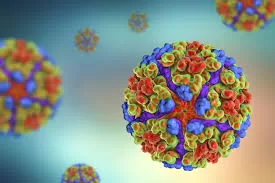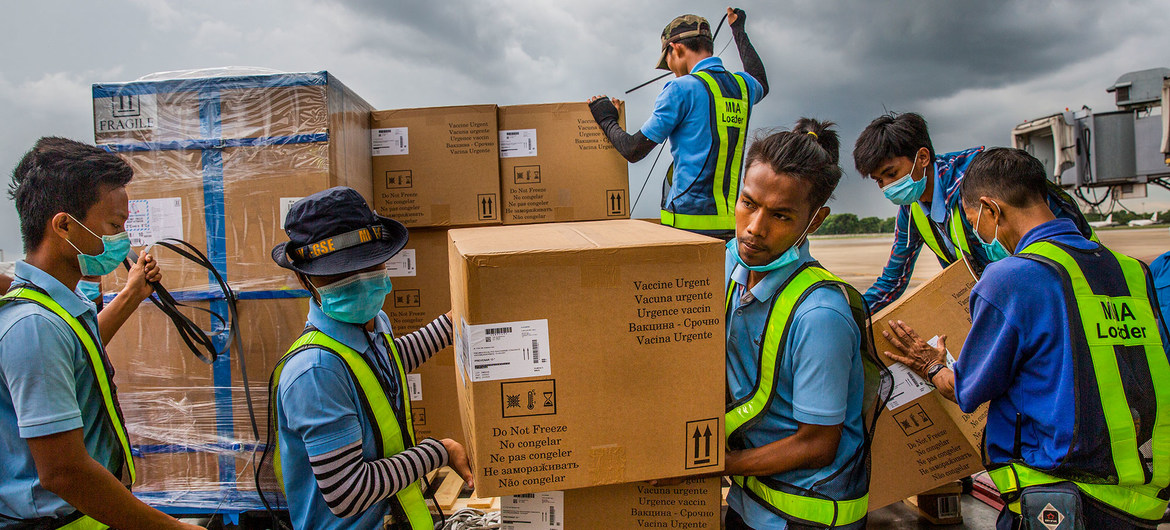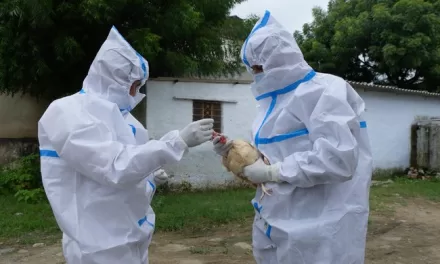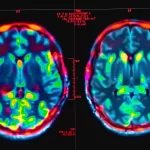In a landmark decision, the European Medicines Agency (EMA) Committee for Medicinal Products for Human Use (CHMP) has given its approval for Vimkunya, the first vaccine in the European Union (EU) to protect adolescents aged 12 and older against chikungunya, a viral disease transmitted by infected mosquitoes.
The expedited review of Vimkunya was conducted under the EMA’s accelerated assessment program due to its significant public health implications. The agency highlighted the urgency of addressing the rising number of chikungunya cases worldwide, making the vaccine’s approval a crucial step in disease prevention.
A Growing Global Health Threat
Chikungunya, also known as CHIK fever, is caused by the chikungunya virus (CHIKV), which spreads through the bites of Aedes aegypti and Aedes albopictus mosquitoes. The disease, first identified in Tanzania in 1952, has since been reported in over 110 countries across Asia, Africa, Europe, and the Americas. Recent years have seen a sharp increase in outbreaks, driven by viral adaptations enabling easier transmission.
In 2024 alone, approximately 480,000 chikungunya cases and over 200 deaths were reported globally. The highest number of cases were recorded in Brazil, Paraguay, Argentina, and Bolivia. Although chikungunya is not endemic in Europe, the EMA has warned that climate change could expand the range of the mosquitoes that transmit the virus, potentially leading to local transmission in previously unaffected regions. France reported a locally acquired case in 2024, raising concerns about the disease’s possible spread within the continent.
Vimkunya: A Breakthrough in Chikungunya Prevention
Vimkunya is an adjuvanted recombinant vaccine containing chikungunya virus-like particles adsorbed on aluminum hydroxide. It is derived from the CHIKV Senegal strain 37997 and is administered as a single-dose injection. Clinical trials have demonstrated that the vaccine triggers the production of neutralizing antibodies within 22 days, with effects lasting up to 183 days post-vaccination.
The CHMP’s approval was based on two placebo-controlled studies involving 3,258 individuals aged 12 to 64 and an additional 413 older adults. Immunogenicity was evaluated in 3,355 participants, with results showing a rapid immune response: 96% of vaccinated individuals had a sero-response by day 15, increasing to 96.6% by day 22, and maintaining 84% effectiveness at day 183. A second study among older adults showed similar promising results.
No Cure, but Now a Preventive Measure
Chikungunya infection typically presents 4-8 days after a mosquito bite and is characterized by sudden fever and severe joint pain. Other symptoms include joint swelling, muscle pain, headaches, nausea, fatigue, and rash. While most patients recover within a week, some may experience chronic joint pain lasting for months or even years. In rare cases, severe complications such as multiorgan failure have been reported.
Currently, there is no specific antiviral treatment for chikungunya. Medical management focuses on symptom relief, including fever and pain treatment, fluid intake, and rest. The approval of Vimkunya marks a crucial step in chikungunya prevention, particularly in regions where the virus remains a significant threat.
Future Steps and Market Availability
As part of the approval process, the CHMP has mandated a post-authorization efficacy study to confirm the vaccine’s effectiveness in preventing chikungunya in both adolescents and adults. Vimkunya is expected to be available in Europe later this year.
This approval follows the EMA’s May 2024 recommendation of Ixchiq, the first vaccine for adults aged 18 and older against chikungunya. With the availability of vaccines for both adolescents and adults, public health authorities are optimistic about better controlling chikungunya outbreaks worldwide.
Disclaimer
This article is for informational purposes only and does not constitute medical advice. Readers should consult healthcare professionals for medical concerns or before making vaccination decisions.
Source: Medscape











